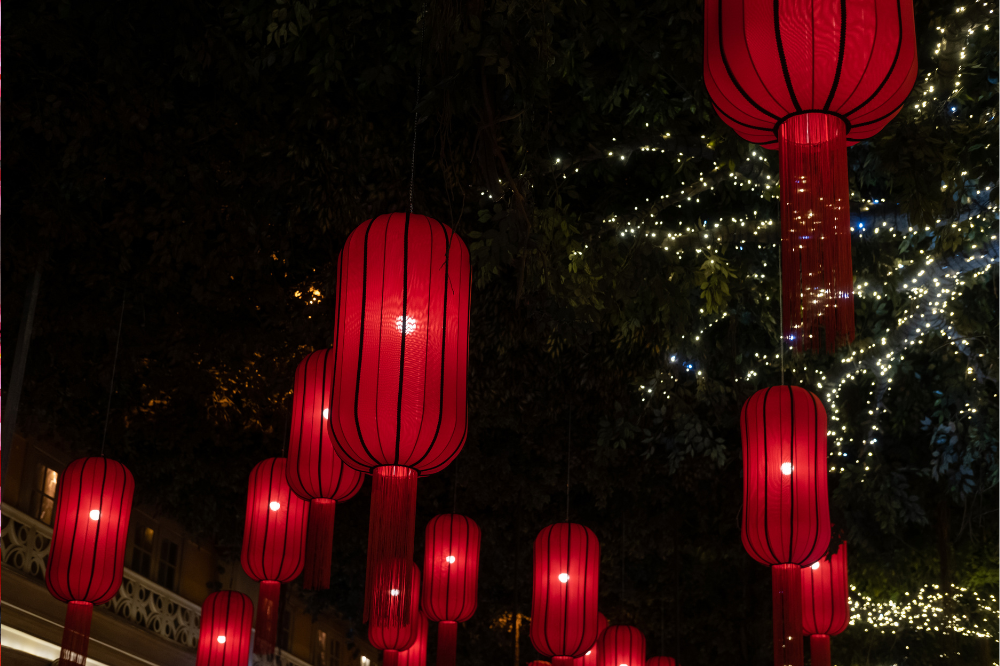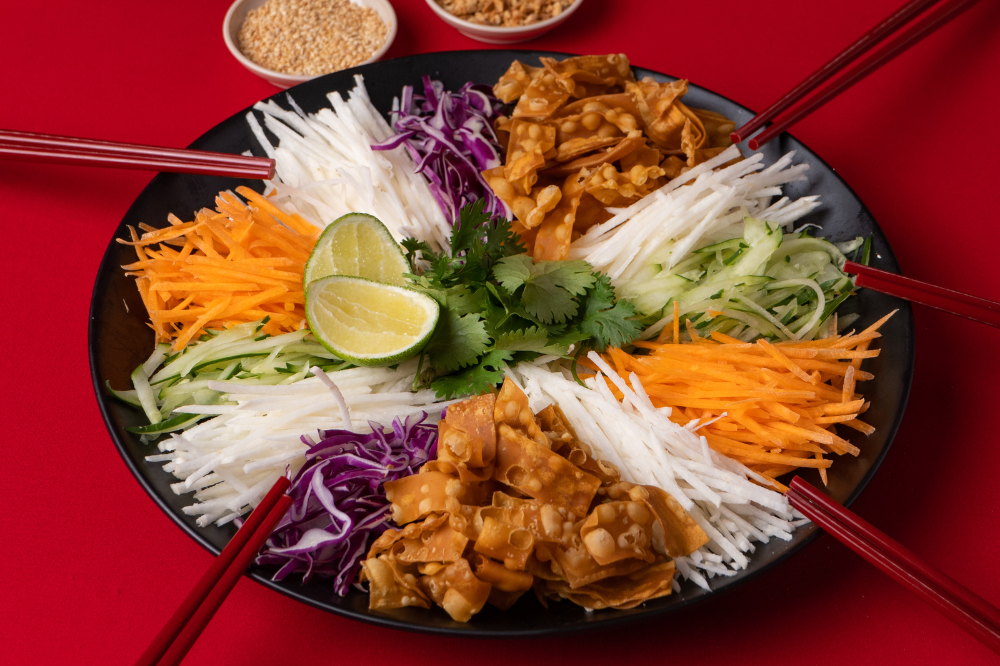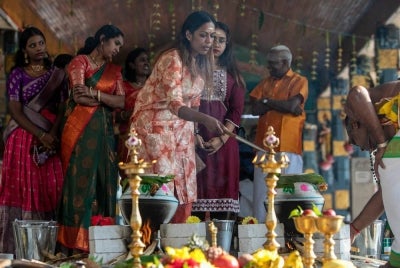Navigating Chinese New Year: Dos and Don'ts for an inclusive celebration
By respecting traditions and embracing festive customs, you can enjoy the festivities while strengthening your bonds with friends of different cultures.

IN Malaysia's multi-racial society, Chinese New Year is a celebration that showcases vibrant traditions, from mandarin oranges in the office to Cheongsam attire and malls adorned with red lanterns and festive ornaments.
While it is exciting to be a part of the festive ambience, it is also important to know the do's and don'ts when invited by a friend to his or her house to be a part of their celebration. It’s a time to embrace the festive spirit and understand cultural nuances.
DOs:
1. Bring thoughtful gifts
It is customary to present gifts that include a pair of mandarin oranges. In Chinese culture, they symbolise wealth and prosperity.
Giving gifts is also a gesture that conveys respect and good wishes to the host.
2. When visiting, wear red or any bright colours
Red is considered the colour of good fortune and happiness. Dressing in red or other bright colours is believed to attract good fortune and uplift the festive atmosphere.
3. Watch your greetings
It is highly recommended to use auspicious greetings, such as "Gong Xi Fa Cai" which means wishing you prosperity, "Xin Nian Kuai Le" (Happy New Year) or “Wan Shi Ru Yi” (May all your wishes come true).
This shows your intention to express your good wishes for the new year.
4. Be mindful of traditions
Participating in traditions like the communal tossing of yusheng (lo hei) demonstrates respect and appreciation for the host’s cultural practices and symbolises prosperity and good luck.

The act of yusheng is when a group of people gather around a plate of raw fish, vegetables and other ingredients, and toss them using chopsticks while shouting out good wishes. It symbolises prosperity and wealth, where the higher the toss, the more prosperity it is believed to bring.
5. Give Ang Pao with both hands
It is customary to give and receive Ang Pao (red packets) with both hands as a gesture of respect, especially when interacting with elders or people of higher status.
Ang Pao should also be in clean, red envelopes, and contain money in even number denominations (such as two or eight ringgit). Avoid giving amounts with the number four, which is considered unlucky as it sounds similar to the Chinese word for death (si).
DON'Ts:
1. Avoid negative language
Bad words are believed to bring bad luck during the New Year celebrations, so you should avoid swearing or using words with negative connotations.
2. Don't wear black or white
In Chinese culture, these colours are associated with mourning, and are considered inauspicious during festive occasions.
3. Gifts to be avoided
Don't bring gifts such as sharp objects, clocks or shoes. Clocks symbolise the passing of time and are thought to bring ill fortune, while shoes represent parting and are seen as unlucky.
4. Don't clean on New Year's Day
Sweeping the floor on New Year's Day is believed to symbolise sweeping away good luck. Any major cleaning should be completed before the New Year begins to preserve good fortune.
Have you observed these customs before? Embracing such traditions not only deepens our understanding of each other’s cultures but also enriches the festive experience.
By respecting traditions and embracing festive customs, you can enjoy the festivities while strengthening your bonds with friends of different cultures.
Download Sinar Daily application.Click Here!















